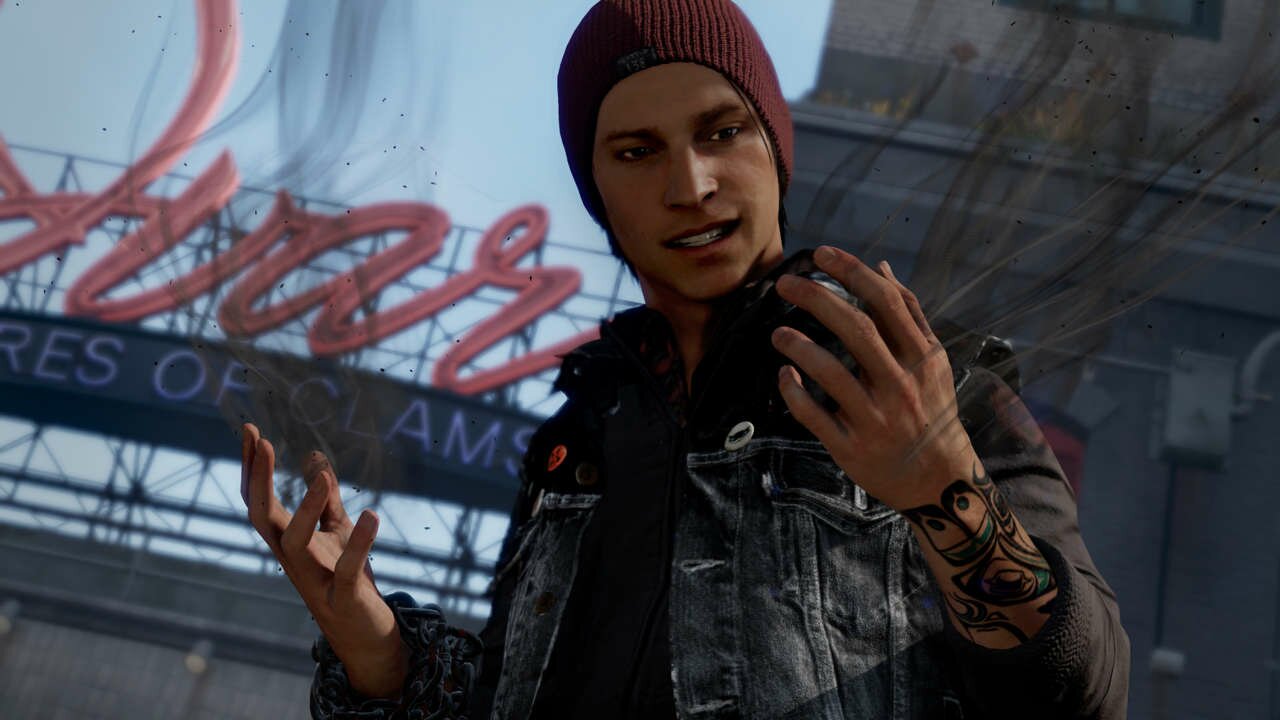‘Infamous: Second Son’ is the latest release in the ‘Infamous’ franchise, a series that originally got its start on the PlayStation 3 about five years ago. Developed by the now Sony-owned Sucker Punch, the open world games allowed players to reach super-powered havoc on the PS3.
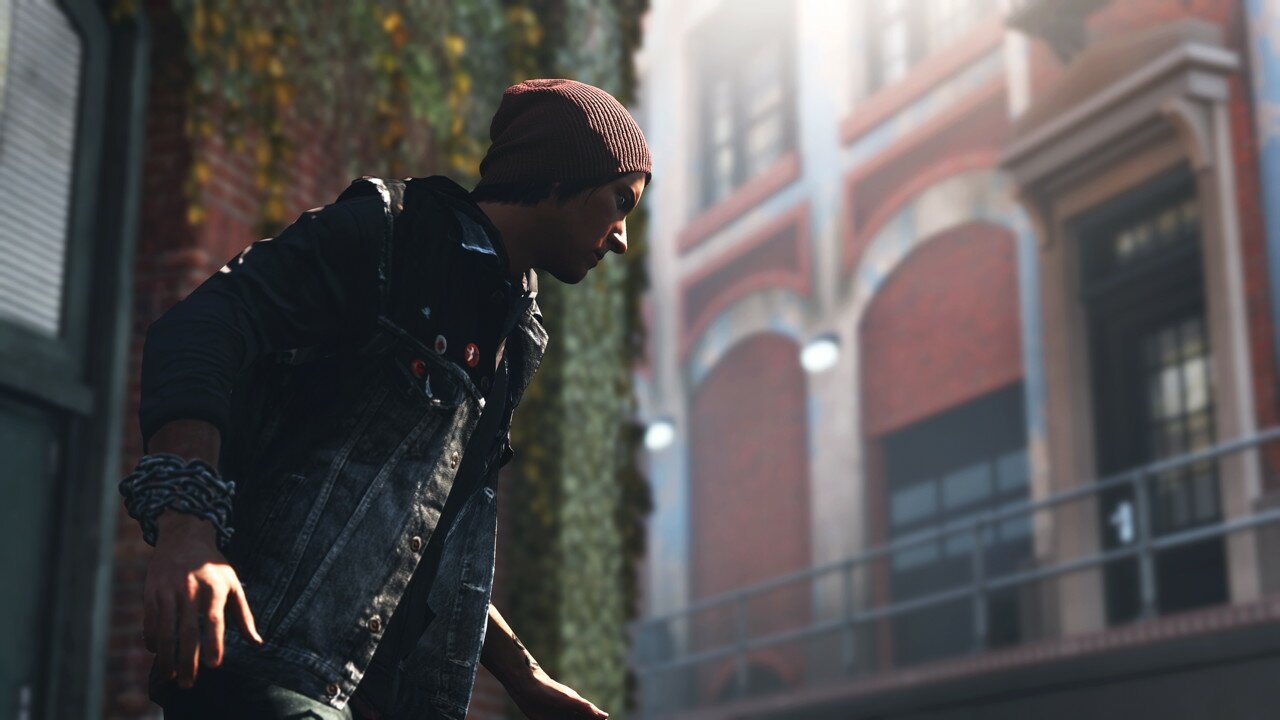
Delsins powers, which are classified as smoke, make the game a bit more interesting than electricity. For one, there’s less sources for you to resupply your ammunition, for another, it makes transportation a little more difficult. As Cole, you could ride telephone wires, or train tracks, as Delsin you don’t have any such luck with that. You can hop around the rooftops, float from here and there, and do a slight teleport, which is useful but can take time to get from one end of the map to the other. The combat system is smoother, and the ability to dodge is easier than it was with Cole previously.
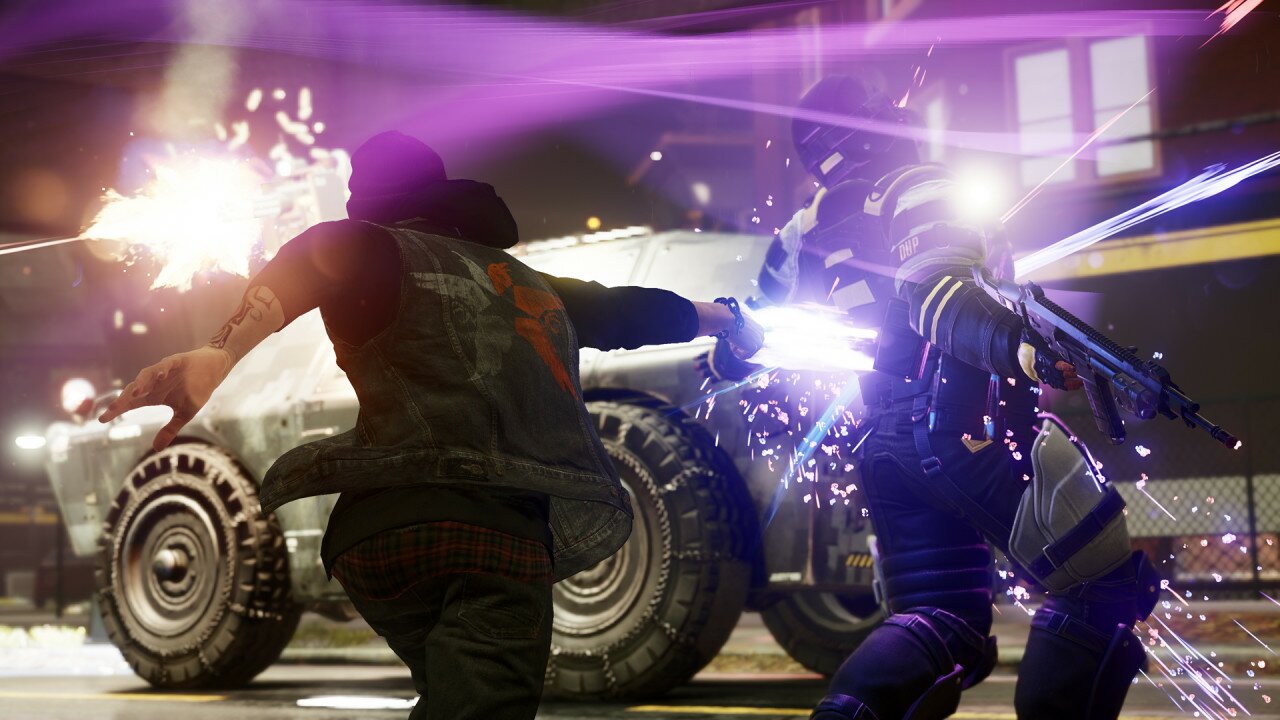
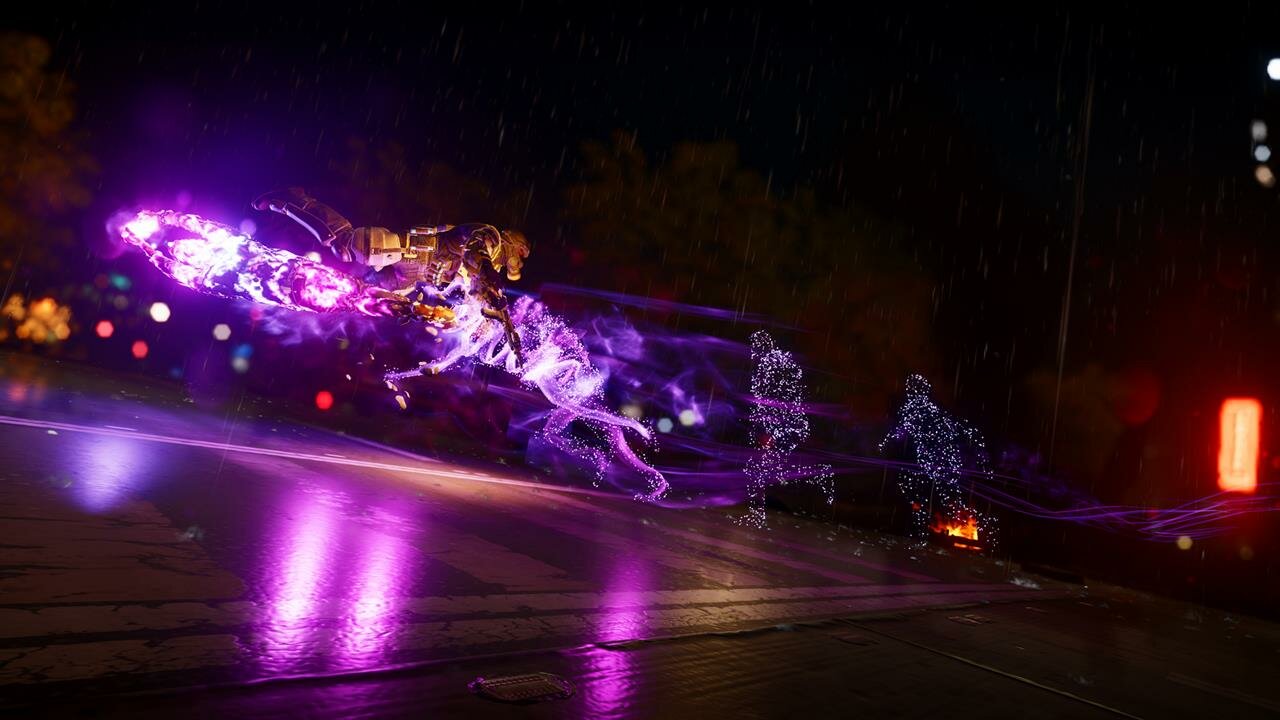
The Neon powers encourage more high-precision tactics. Sniping at enemies slows down time enough for you to vaporize them with headshots or disable them by going for the legs. The lightspeed ability, meanwhile, turns Second Son into the best video game interpretation of the comic-book character Flash that we’ve never played, letting players blink through streets and run up walls.
A later power set is a haphazard blend of stealth, melee, and minion summoning. It’s the least well-defined of the abilities, but I found it useful for thinning enemy herds before switching to smoke.
Each of the powers lets you travel quickly through the city in one way or another, which is important given Second Son’s reduced emphasis on parkour. There’s little need to climb a building when you can just run over it or ash your way through its fences.
The flashier abilities complement a flashier protagonist this time around. Previous Infamous games featured a rather dour, self-serious leading man. Delsin, on the other hand, drops the tortured hero act 30 seconds after realizing that he can eat bullets and jump off buildings. He smiles for the camera before slamming the ground like a smoky, nuclear warhead. “Enjoy your power” indeed—having a protagonist who is enjoying himself as much as you are for once makes it much easier to buy into that marketing line. Second Son has a certain air of self-confidence about its essential nature as a video game that you don’t see on many titles this side of the Saints Row series.
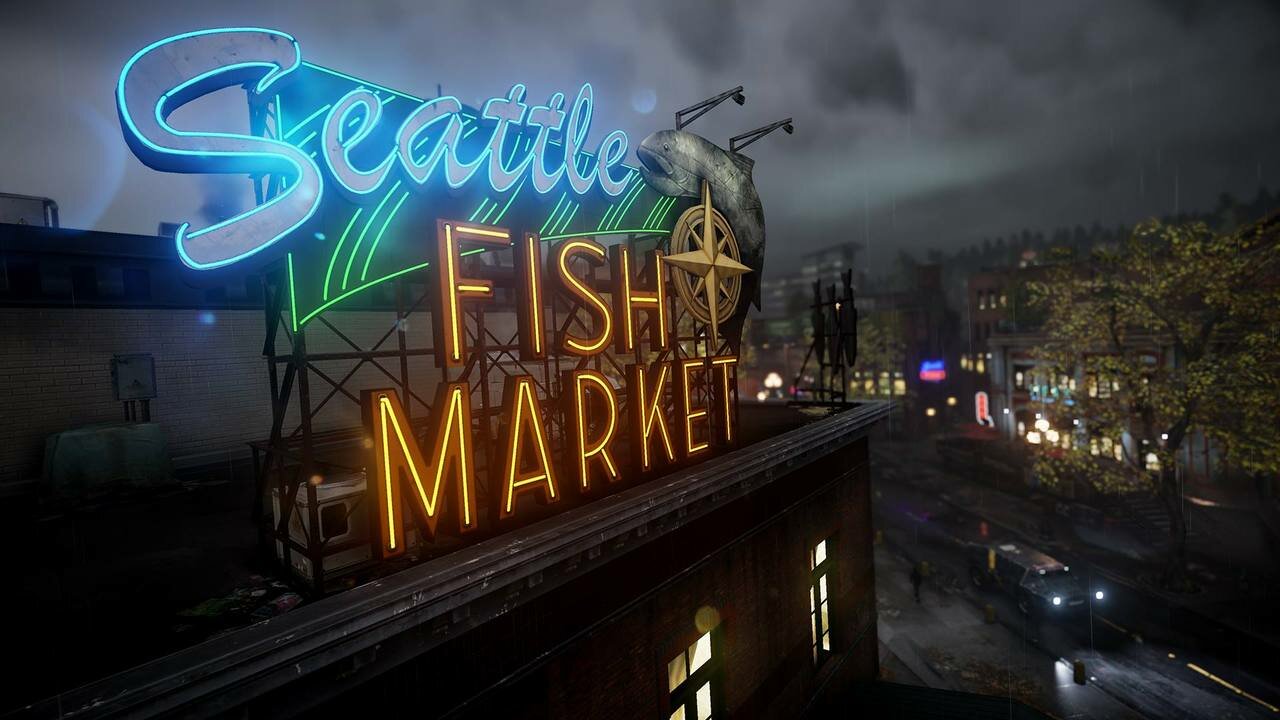
It’s about as binary as game morality gets (red is bad, blue is good) but what really matters is its effect on gameplay. When your powers change to reflect your attitude, so too must your actions. Playing the hero means playing with precision—you don’t want to accidentally drop a building on that school bus while feeding ash rockets to that sniper. Villainy, meanwhile, allows wanton destruction.
There are plenty of side activities to give you an excuse to free the districts of Seattle. Most of these involve collecting things, exploding things, or cutting things up with your Neon-charged light saber arm, all good fun.
